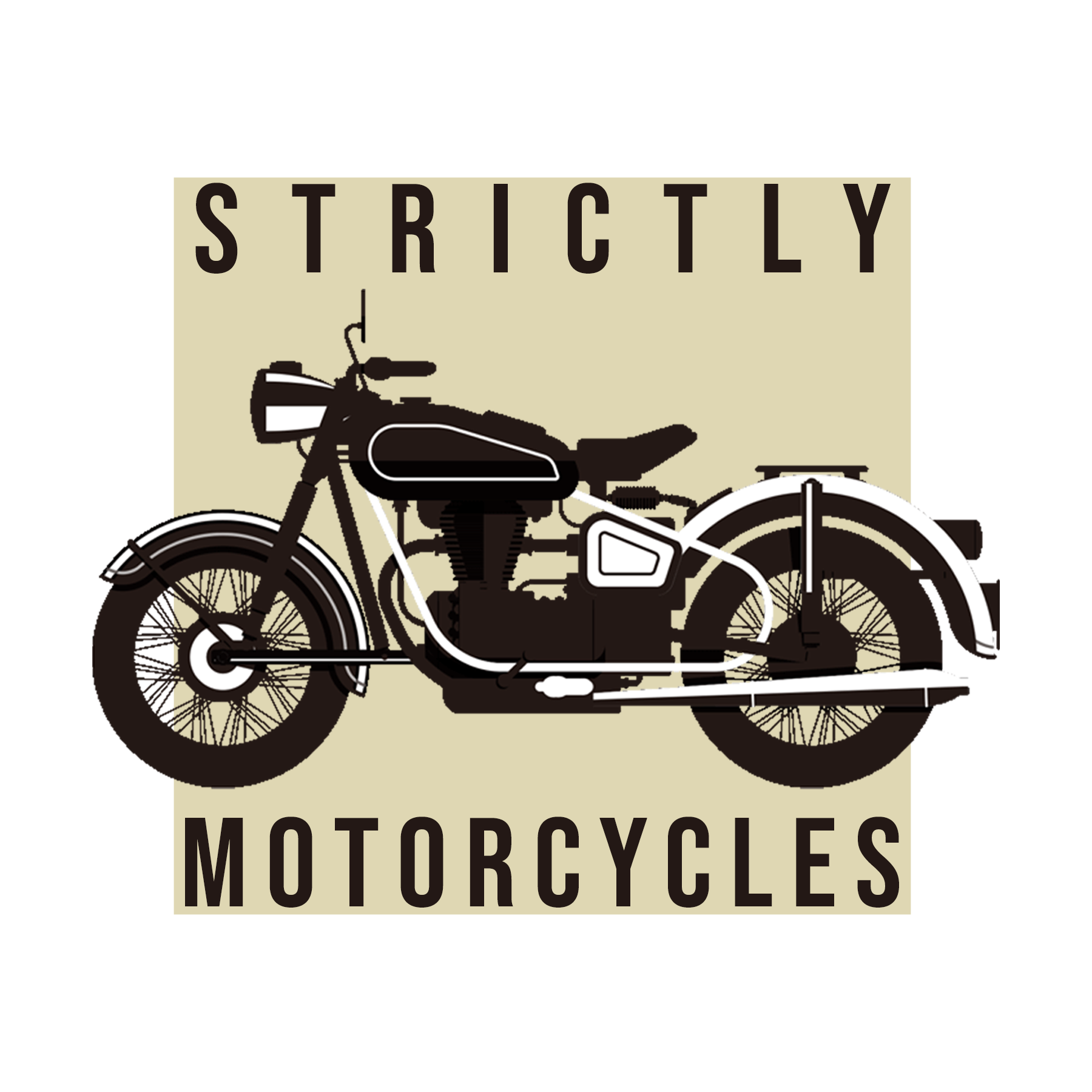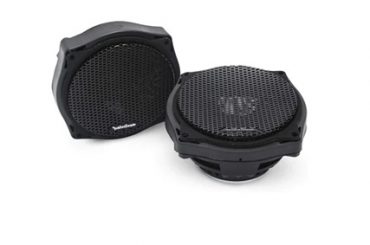Eligibility Requirements for a Motorcycle License

To obtain a motorcycle license in Florida, there are certain eligibility requirements that must be met. These requirements are as follows:
- Age: The applicant must be at least 16 years old to apply for a motorcycle license.
- Learner’s Permit: If the applicant is under 18 years old, he or she must hold a Learner’s Permit for at least one year with no traffic convictions before applying for a motorcycle license.
- Knowledge Test: The applicant must pass the Class E driver’s license knowledge test, which is the same test required for a regular driver’s license.
- Motorcycle Education Course: The applicant must complete an approved motorcycle education course, such as the Basic RiderCourse (BRC) or the Basic RiderCourse updated (BRCu), with an authorized sponsor.
- Traffic Convictions: The applicant must have no traffic convictions for at least one year before applying for a motorcycle license.
It is important to note that if the applicant is age 18 or older, he or she is not required to have held a Learner’s Permit before applying for a motorcycle license. However, the applicant must still meet all other eligibility requirements.
Overall, meeting these eligibility requirements is crucial for obtaining a motorcycle license in Florida.
The Motorcycle Licensing Process

Obtaining a motorcycle license in Florida requires several steps, including a written knowledge test, an on-road skills exam, and a motorcycle safety course.
Written Knowledge Test
The first step in obtaining a motorcycle license in Florida is to pass a written knowledge test. The test covers a range of topics, including traffic laws, road signs, and safe riding practices. Applicants can study for the test using the Florida Motorcycle Handbook, which is available online or in print. The test consists of 50 multiple-choice questions, and applicants must answer at least 40 questions correctly to pass.
On-Road Skills Exam
After passing the written knowledge test, applicants must pass an on-road skills exam. The exam tests the applicant’s ability to safely operate a motorcycle in a variety of real-world situations. The exam consists of several parts, including a pre-ride inspection, basic control skills, and on-road riding. Applicants must provide their own motorcycle and protective gear for the exam.
Motorcycle Safety Course
In addition to passing the written knowledge test and on-road skills exam, applicants must also complete a motorcycle safety course. The course, which is offered by the Florida Rider Training Program (FRTP), covers a range of topics, including basic riding skills, defensive riding strategies, and motorcycle maintenance. The course consists of both classroom instruction and on-bike training, and applicants must pass both parts to complete the course.
Overall, obtaining a motorcycle license in Florida requires dedication and commitment. Applicants must study for and pass a written knowledge test, pass an on-road skills exam, and complete a motorcycle safety course. However, with the right preparation and training, anyone can become a safe and confident motorcycle rider in Florida.
Types of Motorcycle Licenses in Florida
In Florida, there are two types of motorcycle licenses: Motorcycle Endorsement and Motorcycle-Only License.
Motorcycle Endorsement
If you already have a Florida driver’s license, you can get a motorcycle endorsement added to it. To obtain a motorcycle endorsement, you must complete a Basic RiderCourse (BRC), Basic RiderCourse updated (BRCu), 3-Wheel Basic RiderCourse (3WBRC), or the Sidecar/Trike Education Program (S/TEP) for endorsement. Once you complete the course, the sponsor will submit your results electronically to the Department, and you will need to pay an endorsement fee to get the endorsement added to your license.
Motorcycle-Only License
If you don’t have any other type of driver’s license, you can get a motorcycle-only license. To obtain this license, you must pass a written test and a road skills test. The written test covers road rules and traffic signs specific to motorcycles. The road skills test evaluates your ability to operate a motorcycle safely on public roads.
It’s important to note that if you have a learner’s permit, you can only ride during daylight hours for the first three months, and you cannot carry any passengers. After three months, you can ride during daylight hours with one passenger.
In conclusion, obtaining a motorcycle license in Florida requires completing a course or passing a written and road skills test, depending on whether you have a driver’s license or not. It’s important to follow the rules and regulations to ensure safe riding on public roads.
Required Documentation and Fees
To obtain a motorcycle license in Florida, applicants must provide certain documentation and pay the required fees. The following is a list of the required documentation and fees:
Documentation
- Valid identification: Applicants must provide a valid government-issued identification such as a driver’s license or passport.
- Proof of residency: Applicants must provide proof of Florida residency such as a utility bill or lease agreement.
- Completion certificate: Applicants must provide a completion certificate from a Florida Rider Training Program approved by the Florida Department of Highway Safety and Motor Vehicles (FLHSMV).
- Motorcycle endorsement: Applicants must provide proof of a motorcycle endorsement on their driver’s license or pass the motorcycle endorsement test.
Fees
The fees for a motorcycle license in Florida are as follows:
- Initial license fee: $48
- Endorsement fee: $7
- Knowledge test fee: $5
- Skills test fee: $30
Additionally, there may be additional fees for taking the rider training course and for obtaining a learner’s permit. It is important to note that fees are subject to change and applicants should check with the FLHSMV for current fees.
Overall, obtaining a motorcycle license in Florida requires specific documentation and fees. Applicants should ensure they have all necessary documentation and are prepared to pay the required fees before beginning the application process.
Renewal and Maintenance
License Renewal
In Florida, motorcycle licenses must be renewed every six years. The Florida Department of Highway Safety and Motor Vehicles (DHSMV) provides several options for license renewal. Motorcyclists can renew their license either online or in person. Additionally, some motorcyclists may be eligible to apply for an extension through the mail. The type of license and background of the motorcyclist will determine which renewal method can be used.
To renew a motorcycle license online, the motorcyclist must visit the DHSMV website and provide their personal information, including their driver’s license number and date of birth. They must also pay the renewal fee using a credit card. The motorcyclist will then receive a confirmation email with instructions on how to print their temporary license.
Alternatively, motorcyclists can renew their license in person at their local DHSMV office. They must bring their current driver’s license, proof of insurance, and payment for the renewal fee. The DHSMV office will issue a new license on the spot.
Address and Name Change
If a motorcyclist changes their name or address, they must update their license with the DHSMV within ten days of the change. To update their name or address, the motorcyclist must visit their local DHSMV office and provide proof of the change, such as a marriage certificate or utility bill. They must also pay a fee to update their license.
License Replacement
If a motorcyclist loses their license or it is stolen, they must apply for a replacement license with the DHSMV. To apply for a replacement license, the motorcyclist must visit their local DHSMV office and provide proof of identity, such as a passport or birth certificate. They must also pay a fee to receive a replacement license.


